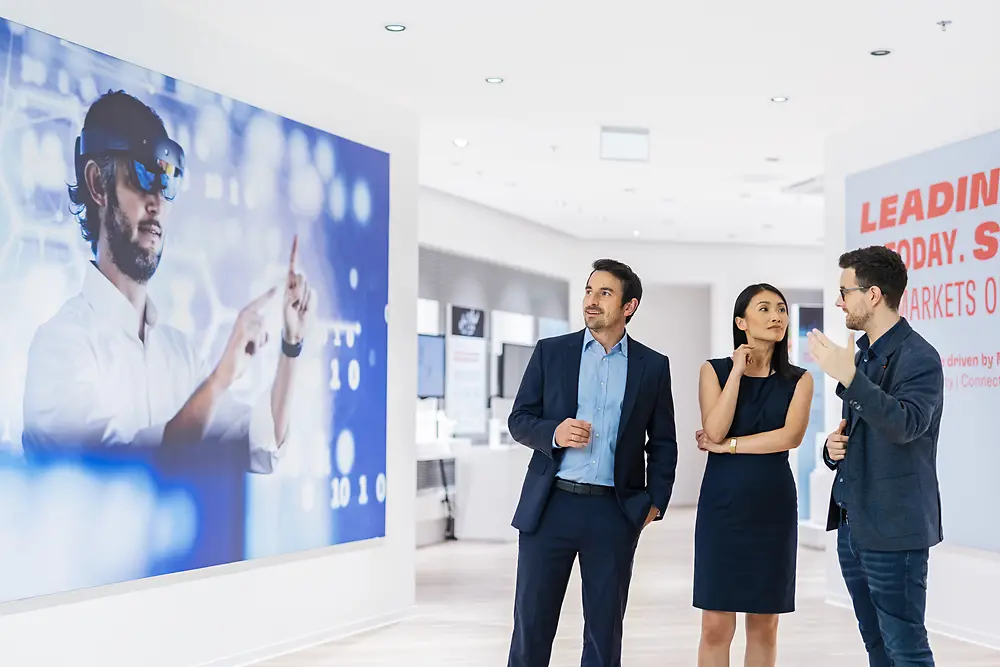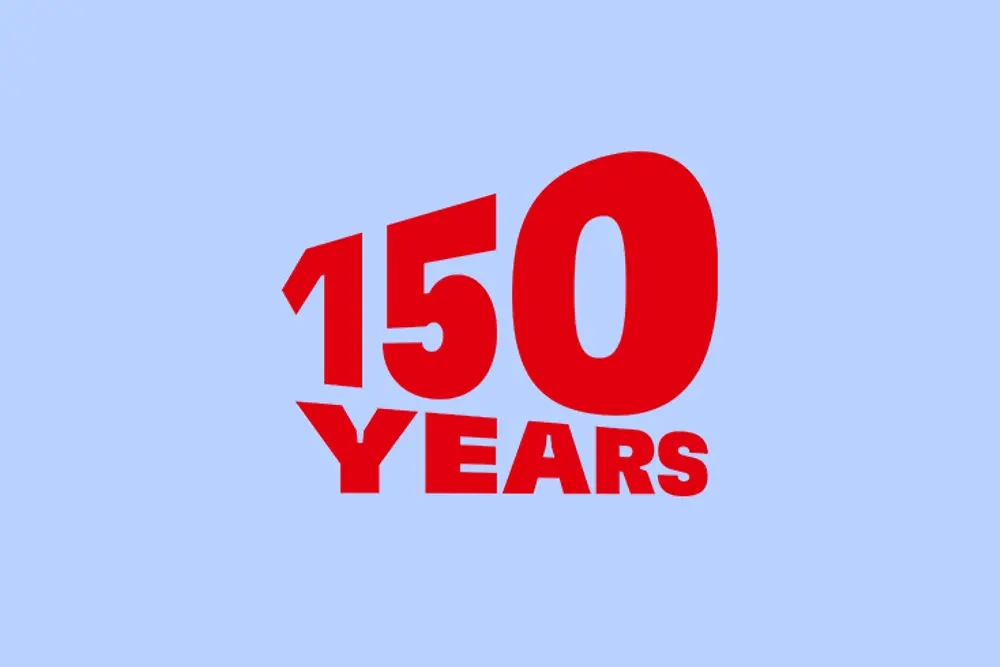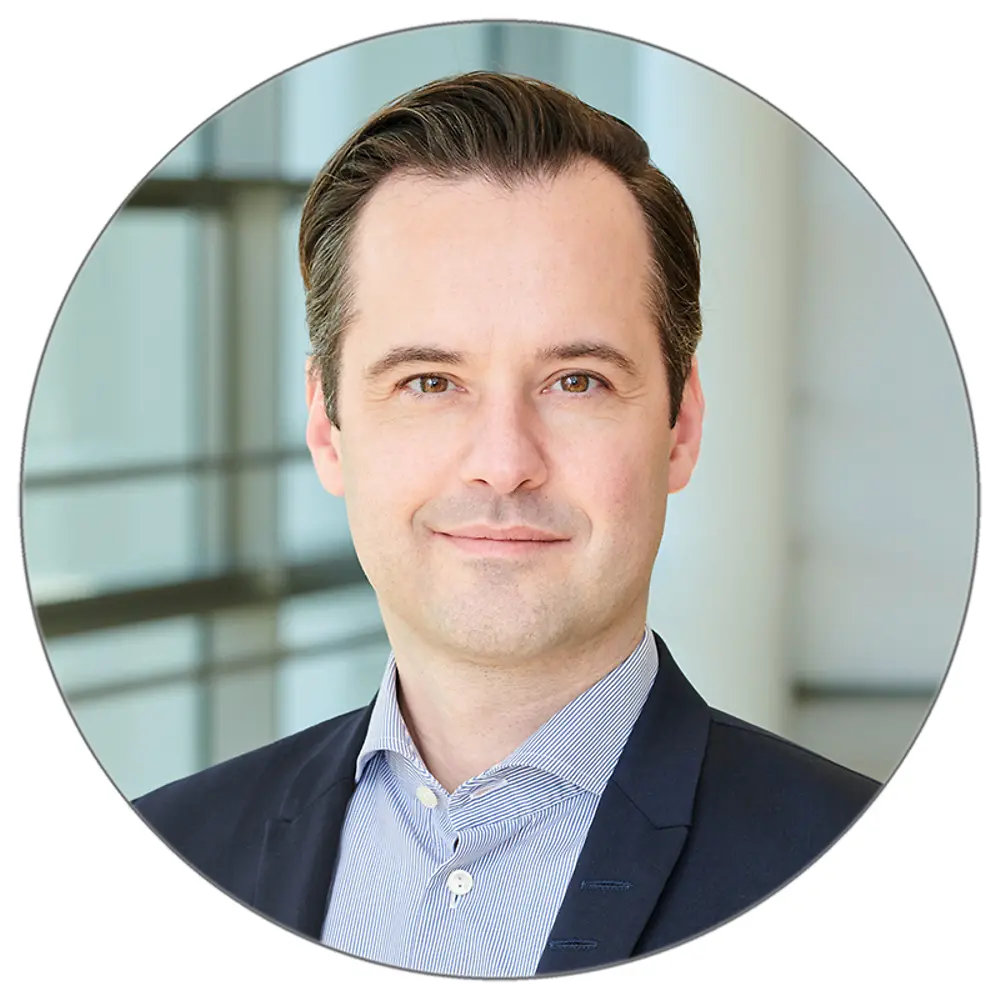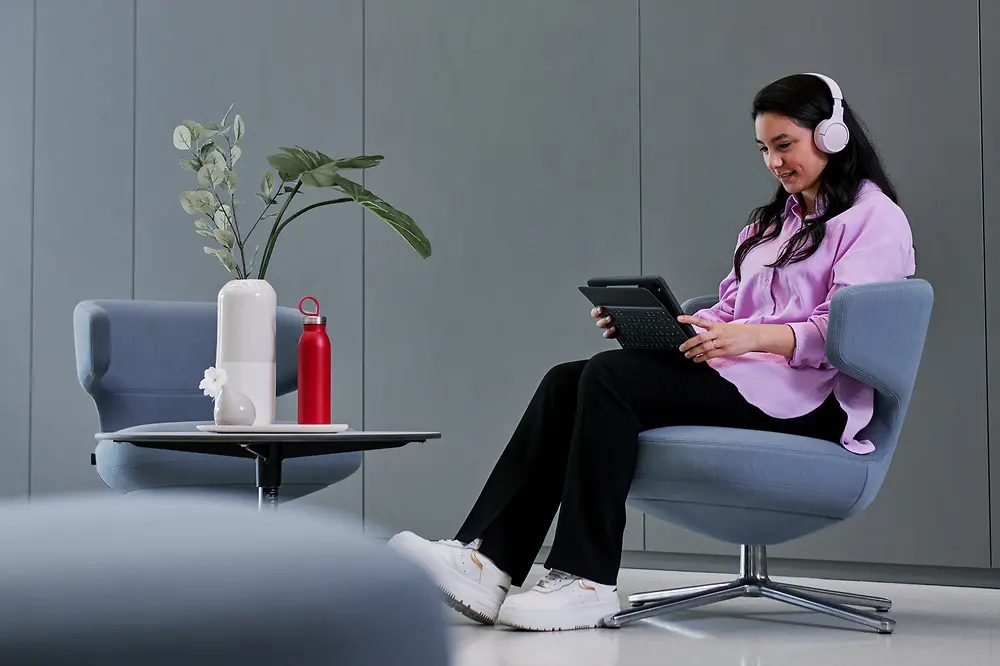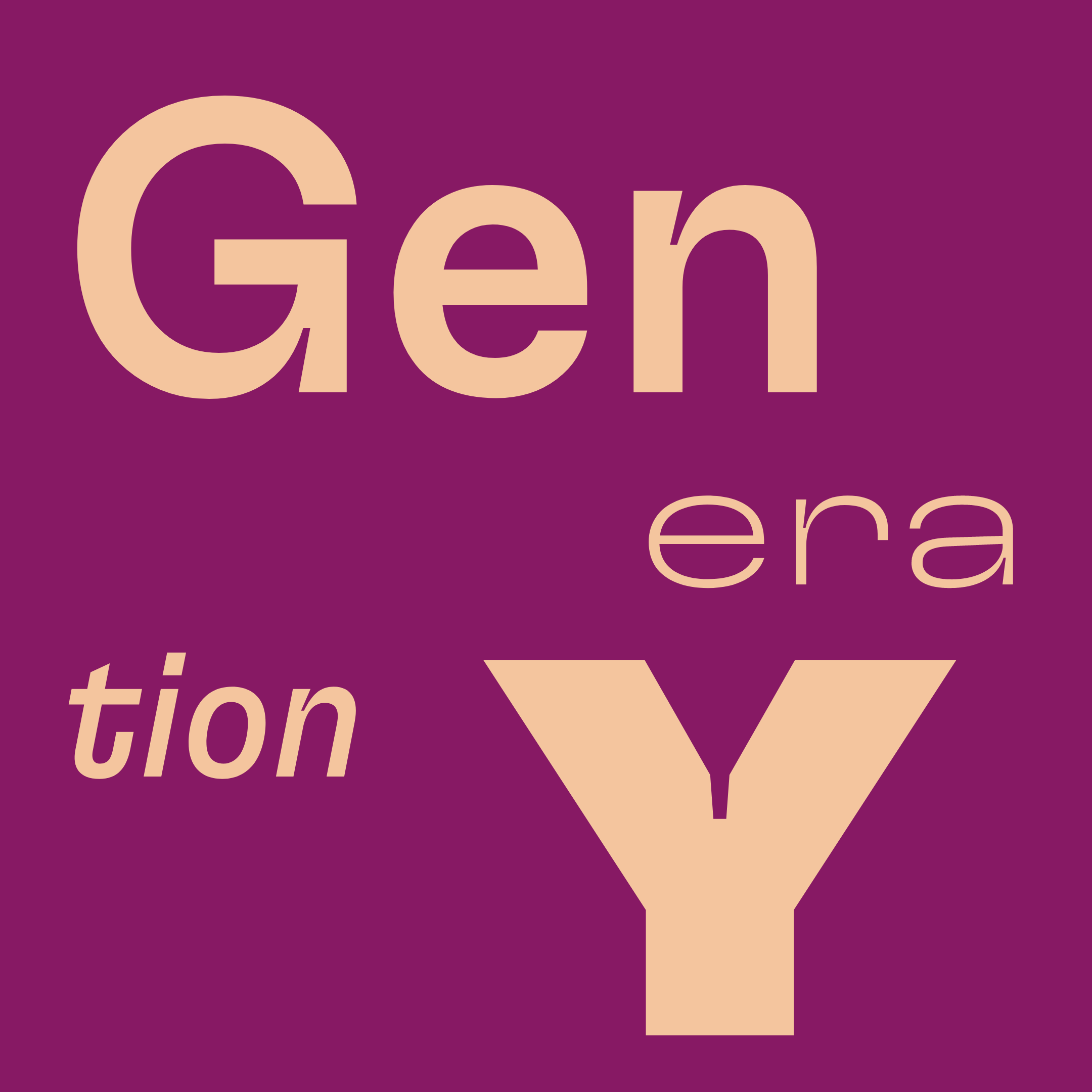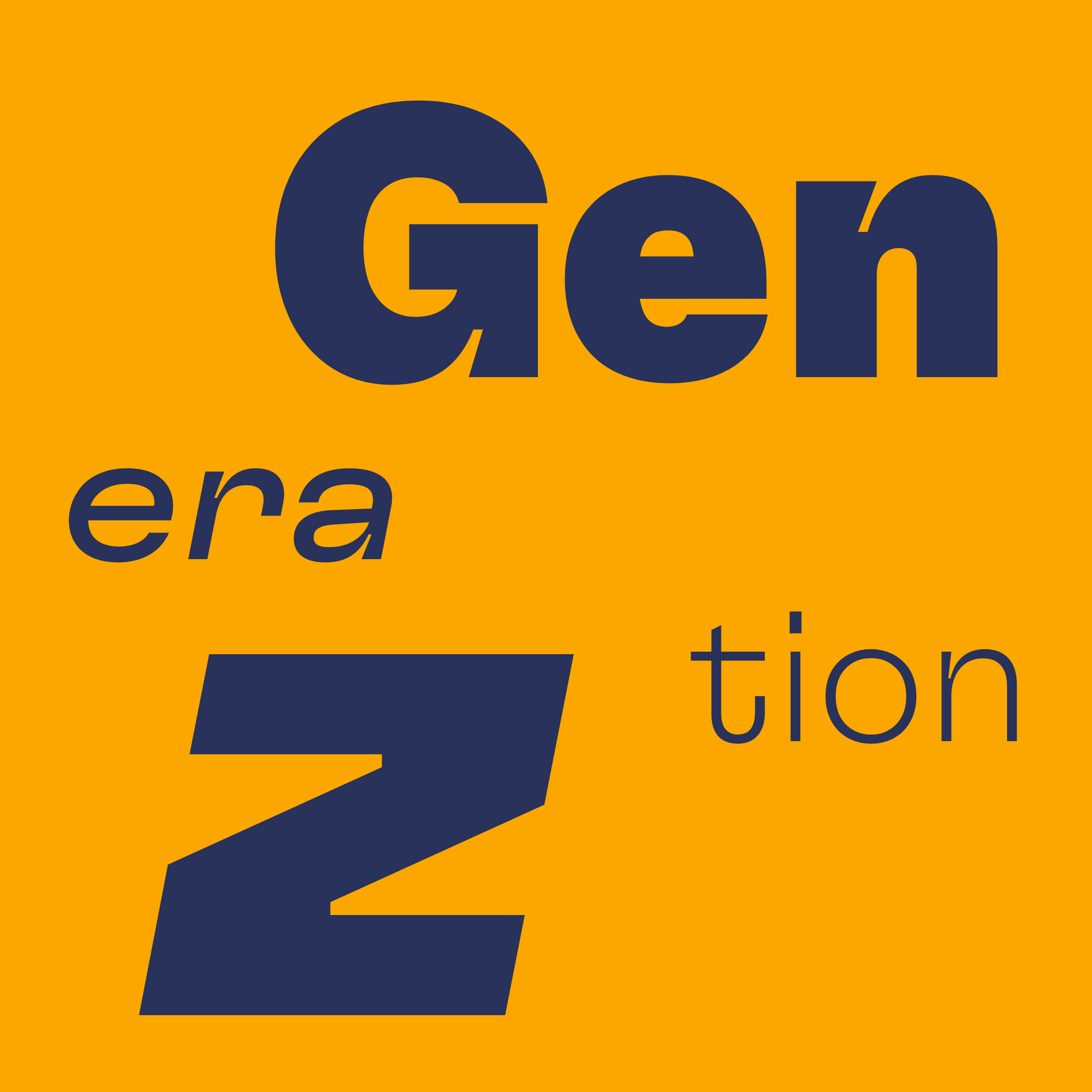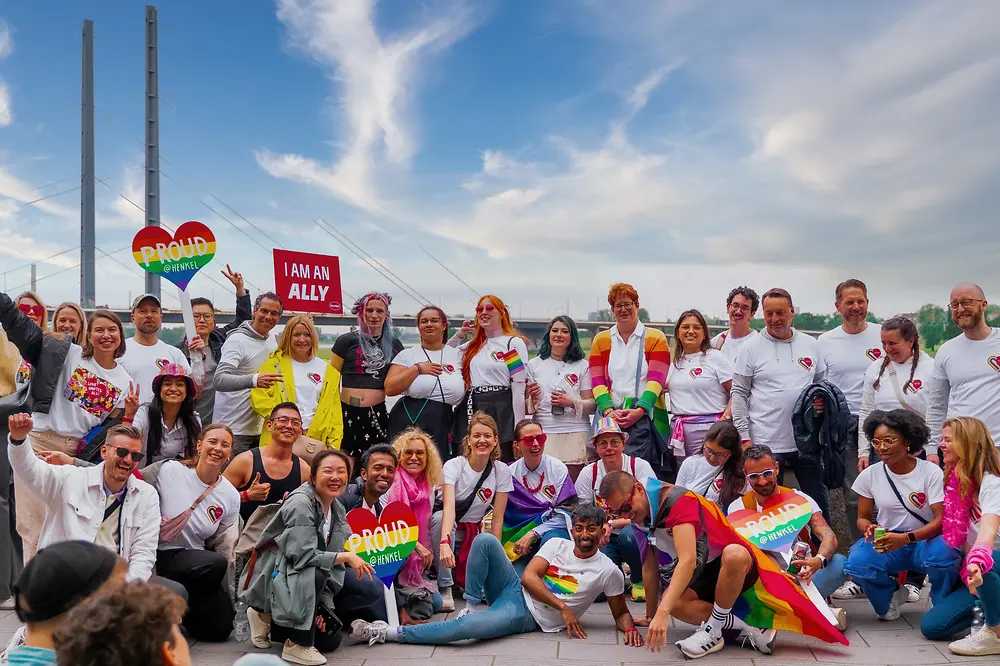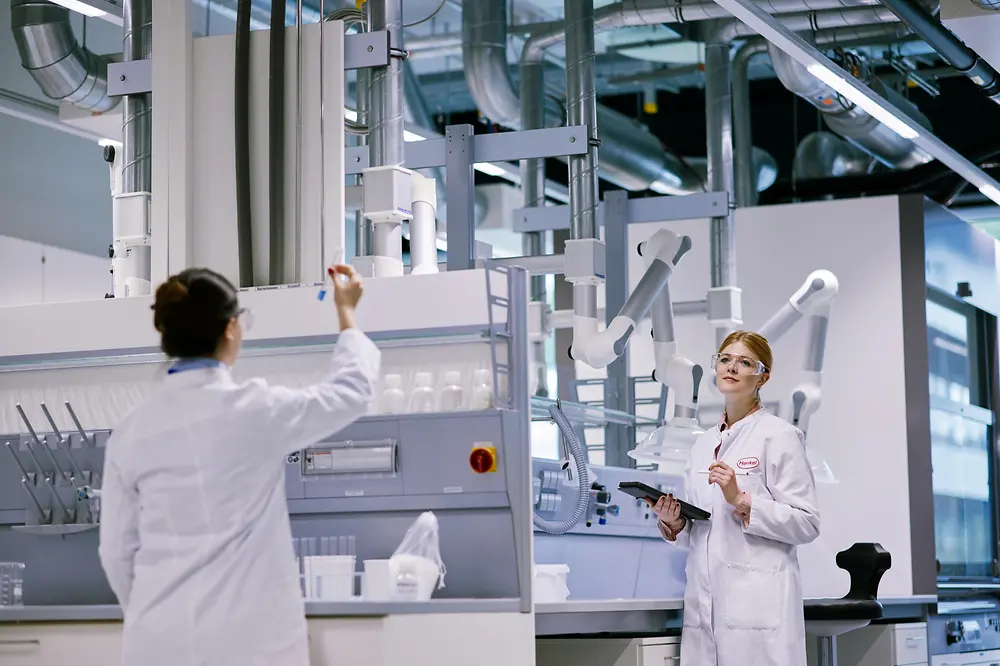While the values of New Work may seem unusual or strange to some older employees, they are a deciding factor for many younger people when choosing a job. Younger generations have different priorities compared to their parents. Scientists draw the line at Generation Y, those born after 1980. They were brought up more democratically and freely than the generations before them and are confident in standing up for their interests. They have been spared real hardship but have also experienced how stable systems can be thrown off balance and stretched to the breaking point – be it through terrorism, economic crises or climate change. At the same time, they have seen the power of digitalization at first-hand and have grown up alongside it.
Moreover, Generation Z, those born after 2000, has now entered the workforce. Gen Z is confident, decisive, and political. Unlike previous generations, its members are Digital Natives and digitally savvy from an early age - thanks to social media. As with Generation Y, meaningful work and fulfillment in their careers are top priorities. This leads to complex expectations, different structures, and a new social etiquette.
